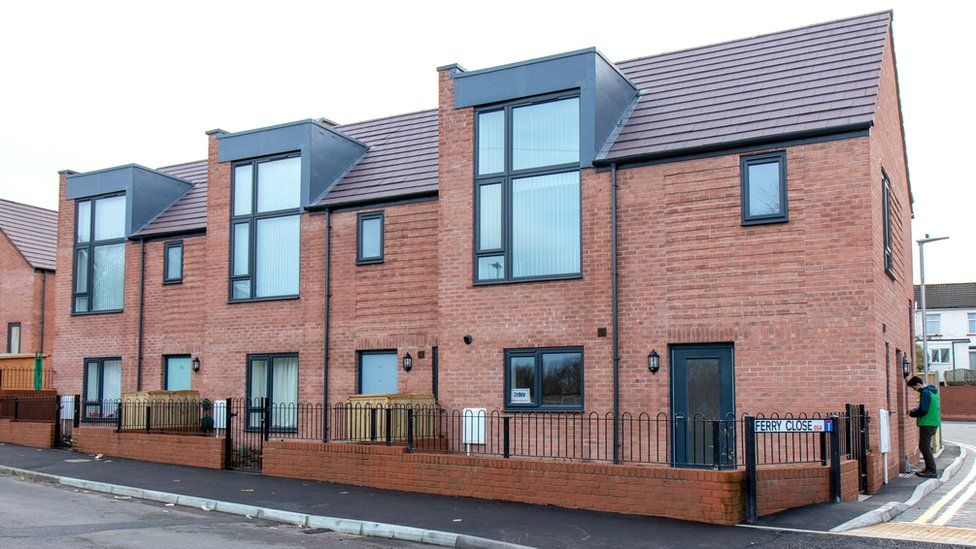
The Case for Council Homes in Nigeria: Advancing Affordable Housing Solutions
Access to affordable housing remains a significant challenge in Nigeria, with a large portion of the population struggling to find decent and affordable homes. As the government grapples with this issue, the question arises: should the Nigerian government build council homes to address the housing deficit? In this blog post, we will delve into the advantages and considerations surrounding the construction of council homes, exploring how they can contribute to a more inclusive and sustainable housing landscape in Nigeria.
- Meeting the Demand for Affordable Housing:
One of the primary benefits of building council homes is the ability to meet the pressing demand for affordable housing in Nigeria. By constructing purpose-built homes for low-income individuals and families, the government can provide safe, decent, and affordable housing options that are accessible to those who would otherwise struggle to secure suitable accommodation. Council homes can significantly improve the quality of life for Nigerians, addressing issues of overcrowding, slum proliferation, and homelessness.
- Reducing the Housing Deficit:
Nigeria faces a significant housing deficit, with the gap between supply and demand continuing to widen. Constructing council homes would help bridge this gap by adding a substantial number of affordable housing units to the market. These homes can be strategically located in areas where the need is greatest, ensuring equitable distribution and reducing the strain on existing housing stock. Such efforts would contribute to closing the housing deficit and fostering social stability and economic growth.
- Promoting Inclusivity and Social Cohesion:
Council homes can foster inclusivity by providing housing opportunities for marginalized communities and vulnerable groups. The construction of these homes can be designed with universal accessibility in mind, catering to the needs of people with disabilities and promoting inclusive communities. Additionally, the creation of council homes can facilitate the development of mixed-income neighborhoods, promoting social integration and enhancing social cohesion among diverse groups.
- Job Creation and Economic Stimulus:
Building council homes presents an opportunity for job creation and economic stimulus. The construction industry is labor-intensive, and investing in council housing projects would generate employment opportunities for skilled and unskilled workers alike. Moreover, the supply chain and associated industries, such as building materials manufacturing, transportation, and services, would experience increased demand, further contributing to economic growth.
- Ensuring Sustainable Development:
Council homes can be developed with a focus on sustainability, incorporating energy-efficient designs, green building practices, and renewable energy sources. By prioritizing environmentally friendly features, the government can contribute to reducing carbon emissions and promoting sustainable development. Energy-efficient council homes would also result in lower utility bills for residents, alleviating the financial burden on low-income households.
Conclusion:
Constructing council homes offers a promising solution to Nigeria’s affordable housing crisis. By addressing the demand for affordable housing, reducing the housing deficit, promoting inclusivity, creating jobs, and prioritizing sustainable development, the government can positively impact the lives of millions of Nigerians. However, careful planning, effective management, and continuous maintenance are crucial to ensure the long-term success of council homes. By adopting a comprehensive approach and engaging relevant stakeholders, Nigeria can move closer to achieving its vision of providing affordable and sustainable housing for all.


